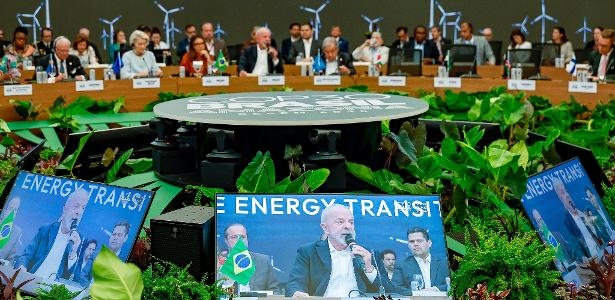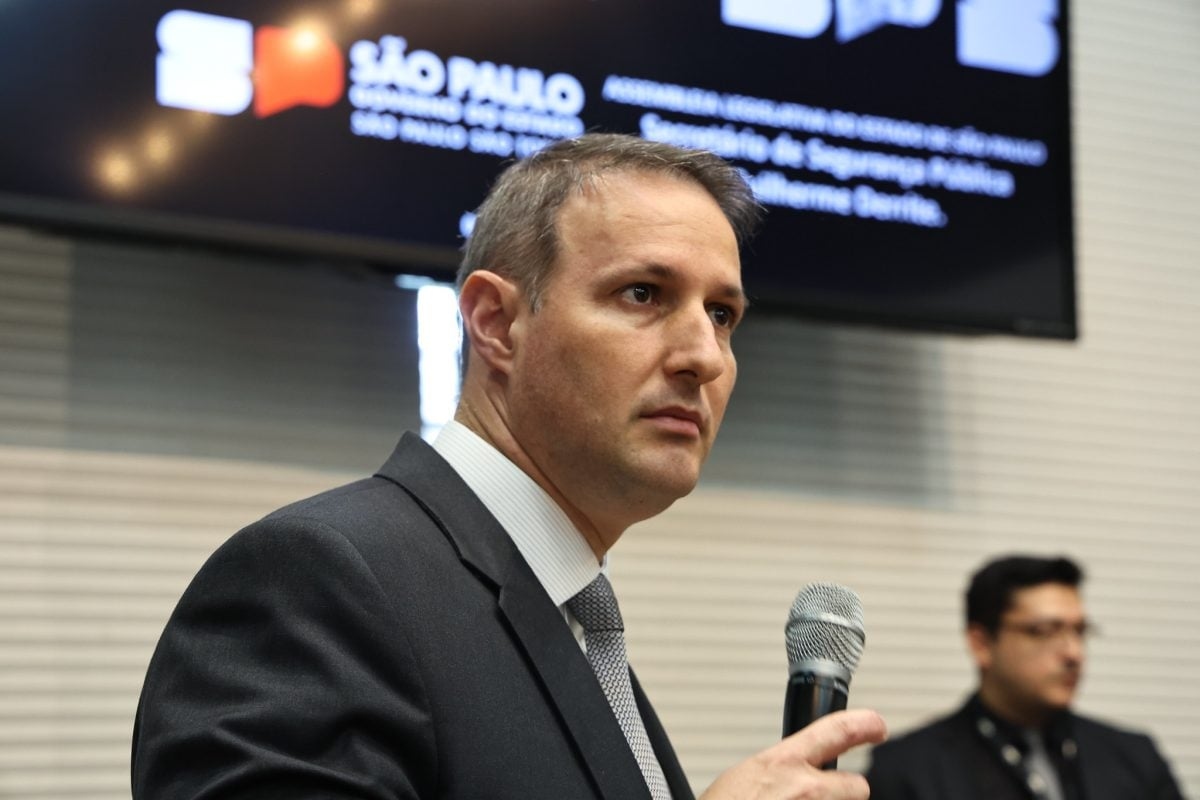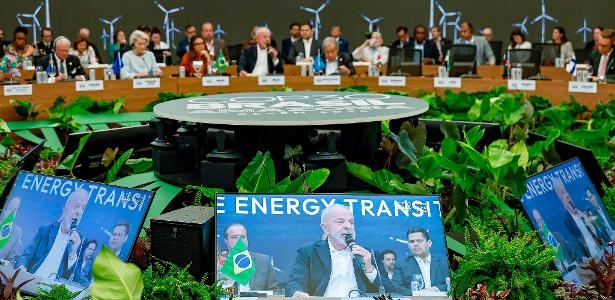Ana Carolina Amaral: Lula tests idea for new fund, and Itamaraty tones down its stance on fossil fuels.

In a table, the document lists the purposes of each agenda item under negotiation, what the consequences would be, which groups are willing to negotiate the removal of fossil fuels from that item, and which groups would not accept the proposal.
OPEC member countries are opposed to any possibility of formal negotiations on fossil fuels. Developed countries, mainly European ones, would prefer to discuss the issue within the Global Balance Dialogue—following up on the document that decided on a "transition away from fossil fuels" at COP28 two years ago.
In the context of the just transition agenda, also part of the formal negotiation, the scenario changes: some developed countries fear that the issue will instigate a "transfer of burdens," so that the task of unlocking the export of fossil fuels falls on the richest countries. Not surprisingly, it is within this agenda that the export of fossil fuels gains more support among the developing world.
According to the document, this possibility has the support of countries in the so-called Global South, small island nations, and would even overcome resistance from India and South Africa. This is because the term "just transition" implies a balance of socioeconomic variables that would allow these countries to achieve climate justice.
The only possibility that pleases no one, and the most likely to be followed, is that the roadmap enters the action agenda as a political statement, without legal binding.
The roadmap for getting out of the negotiations is also what most pleases Itamaraty (the Brazilian Ministry of Foreign Affairs). Brazilian diplomacy is concerned about the conflict coming from abroad, since developing countries are willing to stall the COP agenda until they manage to reopen negotiations on financing — which ended in frustration at COP29.
uol




%2Fhttps%3A%2F%2Fs01.video.glbimg.com%2Fx720%2F14081404.jpg&w=3840&q=100)
